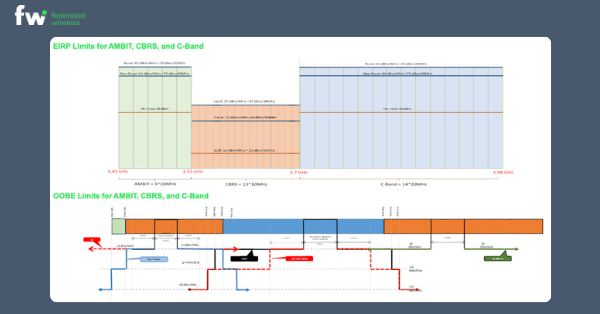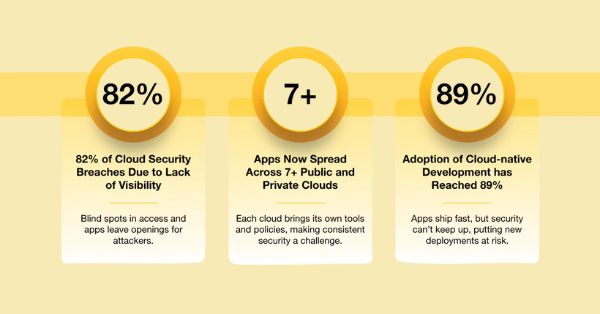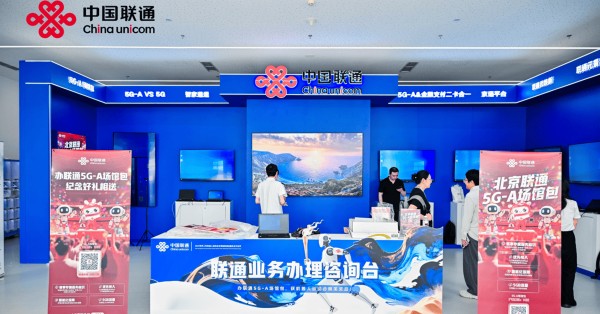For the fourth consecutive year, Verizon is recognized by CIO 100 for its impact on elevating and simplifying the network experience for customers.
Developed by Verizon, the Network Alpha Factory (NAF) enables a streamlined experience for customers to have the optimal network available while managing operational costs. Doing so helps transform Verizon’s network to be future-ready, faster, stronger, and more efficient. NAF is also vital to enable low-latency data and compute-heavy use cases such as Fixed Wireless Access and private 5G.
“Verizon’s Network Systems team winning its fourth consecutive CIO 100 Award validates our forward-thinking strategy, not only for producing innovative technology but accelerating the network experience for our customers,” said Velamur Sudharsan, Network Systems, SVP & CIO.
The annual CIO 100 Awards celebrate 100 organizations and the teams within them using Information Technology (IT) in innovative ways. These teams deliver business value, whether by creating competitive advantage, optimizing business processes, enabling growth or improving relationships with customers. The award is an acknowledged mark of enterprise excellence.
Verizon News Feed – Read More































